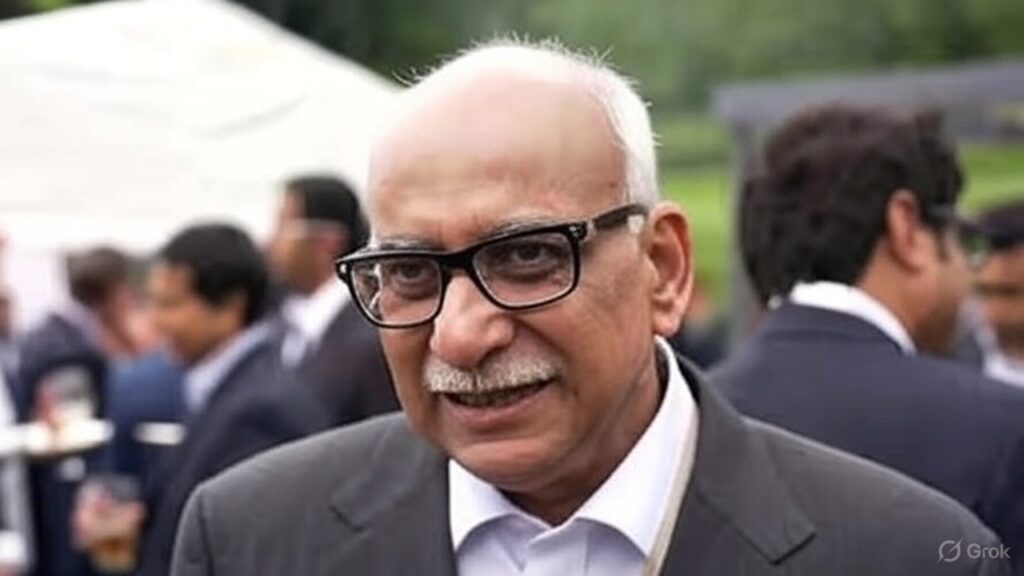Major Overhaul in National Security Advisory Board: Ex-RAW Chief Alok Joshi Appointed Chairman Amid India-Pakistan Tensions
Following the Pahalgam terror attack on April 22, 2025, which killed 26 people, India-Pakistan tensions have escalated significantly. In a strategic move, the Indian government has revamped the National Security Advisory Board (NSAB), appointing former RAW chief Alok Joshi as its chairman to strengthen the nation’s security framework.
By New Delhi Post Desk, New Delhi:
The Indian government has reconstituted the NSAB, a key advisory body to the National Security Council, amid heightened tensions with Pakistan after the Pahalgam attack. Alok Joshi, a seasoned intelligence officer and former head of the Research and Analysis Wing (RAW), has been named chairman of the seven-member board. This overhaul, announced on April 30, 2025, aims to enhance India’s strategic response to cross-border terrorism and regional threats.
New NSAB Composition: A Blend of Expertise
The revamped NSAB includes a mix of retired military, police, and diplomatic officials. From the armed forces, former Western Air Commander Air Marshal P.M. Sinha, former Southern Army Commander Lieutenant General A.K. Singh, and Rear Admiral Monty Khanna have been inducted. Two retired Indian Police Service (IPS) officers, Rajiv Ranjan Verma and Manmohan Singh, along with retired Indian Foreign Service (IFS) officer B. Venkatesh Varma, complete the panel. This diverse expertise signals a comprehensive approach to addressing India’s security challenges.
PM Modi’s High-Level Meetings: A Signal of Resolve
On April 30, 2025, Prime Minister Narendra Modi chaired four critical meetings—Cabinet Committee on Security (CCS), Cabinet Committee on Political Affairs (CCPA), Cabinet Committee on Economic Affairs (CCEA), and a full Cabinet meeting—to strategize India’s response to the Pahalgam attack. These meetings follow Modi’s earlier decisions, including granting the armed forces “complete operational freedom” on April 29 and suspending the Indus Waters Treaty on April 23, moves that have heightened Pakistan’s anxiety. Pakistan has since engaged with global powers like Russia, the U.S., and Turkey, while claiming at the UN that India’s accusations are baseless.
Pakistan’s Persistent Aggression at LoC
Despite the tense diplomatic climate, Pakistan continues to violate the ceasefire along the Line of Control (LoC). On the night of April 29-30, Pakistani forces initiated unprovoked small-arms fire in multiple sectors, including Baramulla, Kupwara, Naushera, Sunderbani, Akhnoor, and Pargwal. The Indian Army responded swiftly and proportionately, marking the sixth consecutive night of such violations. This persistent aggression underscores Pakistan’s unwillingness to de-escalate, even as India strengthens its security apparatus.


